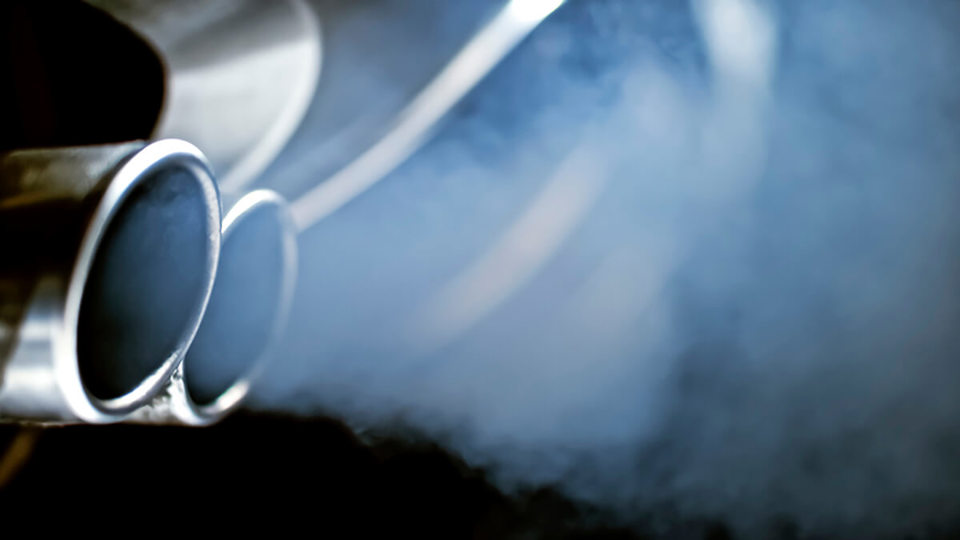The new Euro6 emissions legislation will make fleet maintenance a key consideration, according to Gary Dean, technical support manager at Northgate Vehicle Hire.
Euro6 is having a “a direct impact on how vehicles are being manufactured, which in turn will effect the way a vehicle is maintained,” Dean said.
“The biggest challenge businesses will need to overcome as part of these changes is how this will affect their fleet functionality.
"In order to become more fuel efficient, manufacturers are adapting vehicles. These adaptations will result in additional maintenance considerations for businesses operating a fleet – presenting both practical and logistical challenges.
“Most manufacturers of vehicles at 3,500kgs gross vehicle weight (GVW) have confirmed that they will be using Adblue - a clear, non-toxic, aqueous urea solution used to treat exhausts on modern clean diesel engines - to meet the new regulations.
"Used in conjunction with a Selective Catalytic Reduction (SCR) converter, AdBlue has a profound effect on otherwise difficult to control oxides of nitrogen (NOx) diesel emissions by turning the pollutant gasses into water (H2O) and nitrogen (N2), which are both harmless; and these are then released through the exhaust to the atmosphere.
"This solution helps to reduce harmful emissions. However ,there are clear operational challenges involved in relation to the vehicle’s maintenance. On the standard Tipper, the adapted vehicle is dependant on the manufacturer between 3,000 to 6,000 miles before it requires topping up with Adblue.
"If the driver fails to top the vehicle up when required, following warnings from the dash board, it would go into ‘Limp Mode’ or fail to start – resulting in a breakdown and possibly vehicle recovery being required.
"As with Adblue, Exhaust Gas Recirculation (EGR) will also be introduced to some light commercial vehicles to meet legislation. Similar logistical and operational problems can be associated with this solution.
"In short, the way vehicles work is changing fast and businesses need to start considering their fleet maintenance to ensure minimised downtime from breakdown.
"Breakdown is a huge inconvenience – wasting both time and money. However, it can be avoided. We’ve been working extremely closely with our vehicle manufacturers to ensure we have the expertise and services in place to limit such problems for our customers as and when these vehicles are introduced to the market on a mass scale.
"We have 56 workshops located throughout the UK, which are already introducing diagnostic equipment to ensure vehicles featuring this new technology are maintained to the highest standards.
"This will help to resolve the 3,000 to 6,000 mile top up requirements associated with Adblue vehicles, as our customers are never far from a Northgate branch featuring a workshop.
"In addition, we are working with our breakdown and recovery partners, the AA, to introduce tailored roadside assistance and breakdown solutions as part of our flexible vehicle hire offering.
"Businesses looking to be on the front foot with their fleet need to consider three key points: the maintenance support of these new vehicles, the acquisition methods and resulting costs involved in incorporating Euro6 emissions vehicles into their fleet, and finally the expertise required to service these vehicles.”
For more on Euro6 see https://www.fleetnews.co.uk/fleet-management/euro6-diesel-cleans-up-its-act/52786/


















James@Catloc - 14/07/2014 14:18
Euro 6 vehicles with an additional catalytic converter (SCR) that works in conjunction with the AdBlue system also presents an extra temptation for catalytic converter thieves. This usually then equates to extra costs for the vehicle operator for replacement parts, often running into thousands of pounds. Manufacturer approved solutions for protecting Euro 6 vehicles are available and inexpensive when compared to the potential cost of replacement and loss of business.